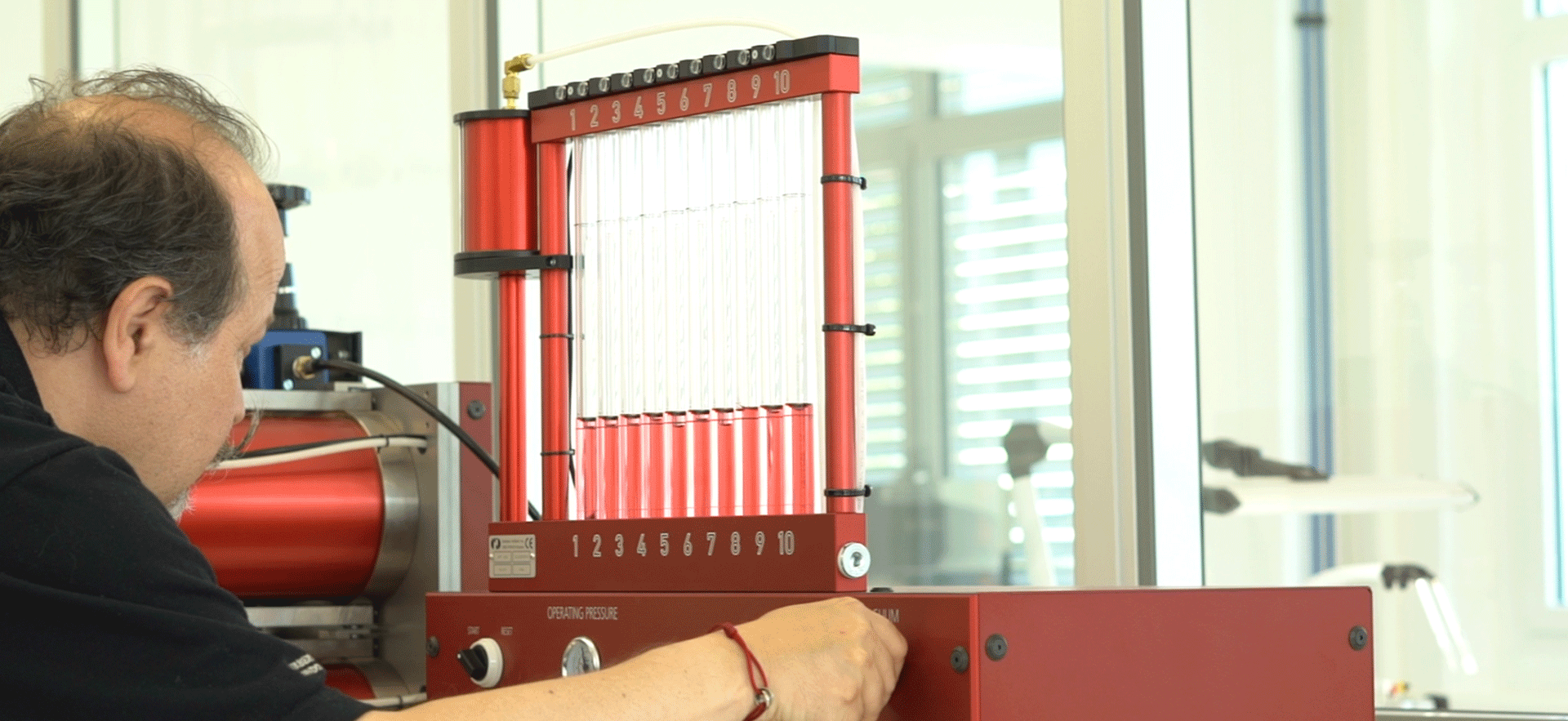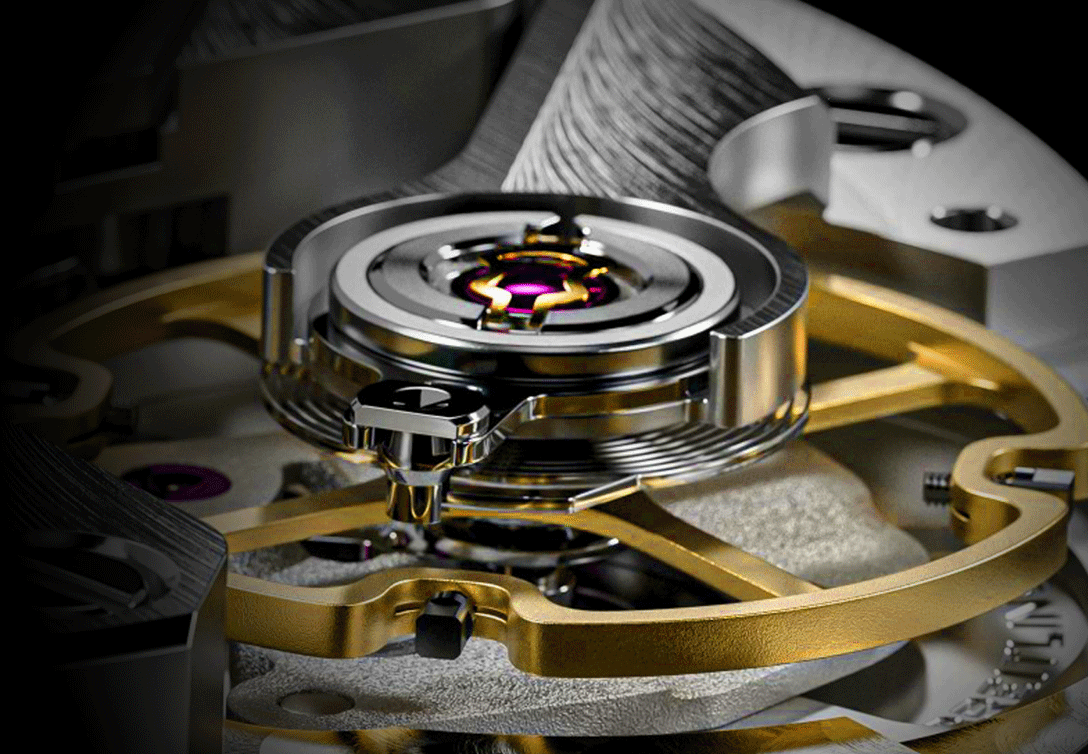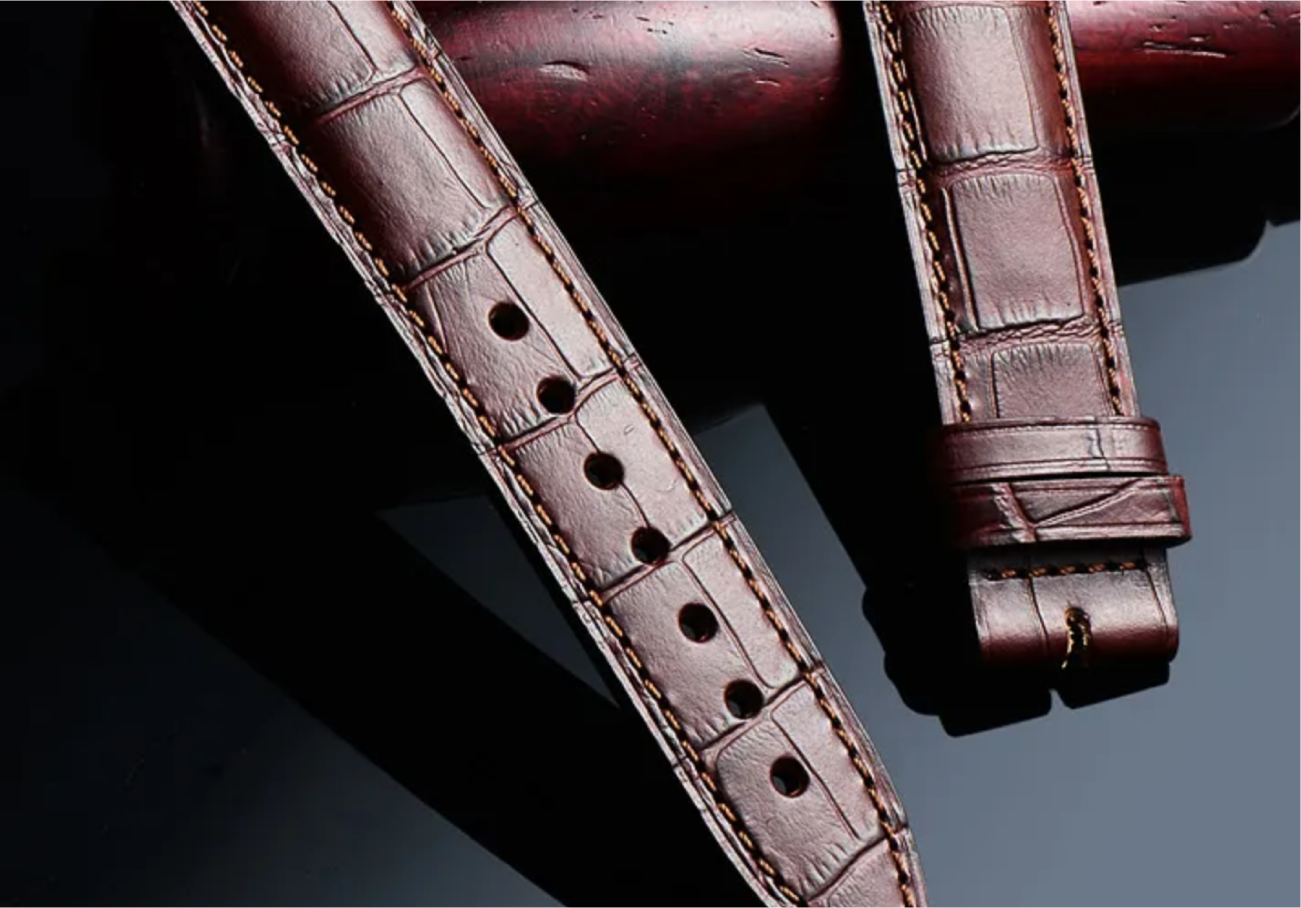
照顾好你的腕表
每一枚 Charles-Auguste Paiard 柏莱德腕表,都是精湛制表技艺的卓越结晶,淋漓尽致地展现出品牌对细节的极致追求 。为确保腕表始终保持精准走时,稳定可靠地运行,让柏莱德腕表在岁月流转中代代传承,佩戴者可参考以下使用与保养建议:
规范操作:请务必仔细阅读腕表使用说明书,并严格按照其中关于功能调校、日常使用及维护保养的指导进行操作。
密封性检查:建议定期将腕表交由授权制表师进行密封性检查。腕表遭受意外磕碰,可能会破坏其密封性,影响防水性能。
合理上链:手动上链腕表,建议每日早晨进行一次上链操作;若您拥有自动上链腕表,但佩戴频率较低,每月上链一次较为合适。上链时,可将腕表从手腕上取下,便于操作表冠进行调校。
环境防护:避免将腕表暴露在极端温度环境中,也要防止腕表受到冲击和刮伤。若腕表不慎发生磕碰,应立即交由授权制表师进行全面检查。此外,剧烈震动的运动过程中,尽量不要佩戴腕表。虽然 Charles-Auguste Paiard 柏莱德通过采用硅游丝,有效控制了磁力对腕表的影响,但长时间暴露于强磁场环境,仍可能干扰腕表正常运行。
动力存储(自动)
机芯搭载自动上链机制,会借助佩戴者手腕的摆动,驱动自动上链机械系统中的摆陀运转。通常来说,每日持续佩戴10 - 12小时,就能积累足够的动力储存,保障腕表在夜间也能正常运行。因此,建议连续数日,每日佩戴腕表10至12小时,并保持正常的日常活动。
若佩戴时间过短、手腕运动量不足,或者未能做到每日佩戴,腕表的动力储存就会持续消耗,这时就需要手动上链补充动力。手动上链时,需转动表冠15至20次,确保产生充足的动力储存,维持计时的精准度。这项操作,不仅适用于新入手的机械表,对于那些无法保证定期运行或日常佩戴的腕表同样必要。
值得注意的是,不少人误以为随意晃动自动腕表,就能为其提供足够动能,确保计时精准。实际上,单纯晃动不足以为主发条充分上链,也难以有效积累动力储存,长此以往,腕表会因动力不足而停止运转,计时也将不再准确 。

皮革表带
1.防水防潮:尽量避免表带与水和湿气接触,防止表带因受潮而变色、变形,影响美观与佩戴体验。
2.避免暴晒:不要让表带长时间暴露在阳光下,紫外线会加速皮革老化,导致表带褪色,缩短其使用寿命。
3.远离油污与化妆品:皮革具有较强的渗透性,一旦接触油腻物质和化妆品,污渍很难清除。同时,切勿使用皮革清洁剂清洁表带,以免破坏表带材质。

腕表常见知识
若是如此,请在此处查找。
自动上链机芯和手动上链机芯,最显著的区别就体现在上链方式上。手动上链腕表,需要佩戴者每日手动操作上链,以此为机芯补充动力。而自动上链腕表内置自动上链装置,凭借佩戴者手腕日常活动产生的动能,驱动装置内的摆陀转动,进而实现自动上链。
自动上链腕表一般拥有至少 38 小时的动力储存时长。这意味着,即便一段时间内不佩戴,腕表依靠预先储备的能量,依然能够稳定运行,保证计时的连续性 。
自动机械表通过日常佩戴时手臂的自然摆动,带动内部装置运转,为发条补充并储存能量,从而维持走时。若每日佩戴时长不足 8 小时,或者手臂摆动幅度较小,手表获取的能量有限,便可能因能量不足而停止走时。
当手表长时间未佩戴,初次启用时,需通过手动上链的方式转动表冠 30 圈左右,提前储备足够的能量,以确保手表走时稳定、精准。
需注意,机械手表在走时过程中会存在一定误差,通常以日误差衡量,范围大致在 -30 秒至 +30 秒之间。该误差不会累计,为保证手表计时的准确性,建议每周对照标准时间,对其进行一次调校 。
腕表的防水性能并非一成不变,会随时间与使用状况产生变化。防水胶圈老化,或是表冠、按钮、水晶镜面等关键防水组件遭受意外撞击,都可能削弱腕表的防水功能。
为确保您的腕表始终具备可靠的防水性能,依据维修规范,建议每年将腕表送至柏莱德认可的维修中心,进行一次专业的防水性能检测。
柏莱德匠心采用慢速日期变更系统,该系统能清晰呈现午夜前后的日期变更过程,有效避免日期显示混乱,大幅提升时间认读的准确性。
直至午夜 11 点 30 分,日历窗都会完整显示当天日期。临近午夜,透过日历窗,仍能完整看到当天日期位于下方,与此同时,新日期开始在上部悄然显现。随后,新日期逐步向下移动,当天日期则逐渐隐去。这一变更过程,会在凌晨 1 点至 3 点之间完全结束。
为避免对自动日期变更机制造成损坏,请勿在晚上 8 点至次日凌晨 2 点期间手动调校日期,此时间段内,腕表正自动执行日期变更操作。




 搜索
搜索
 收藏
收藏
 微信公众号
微信公众号
 EN
EN


